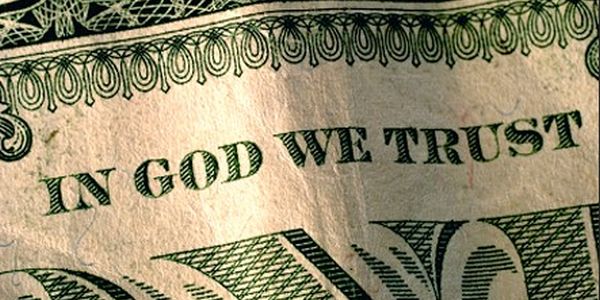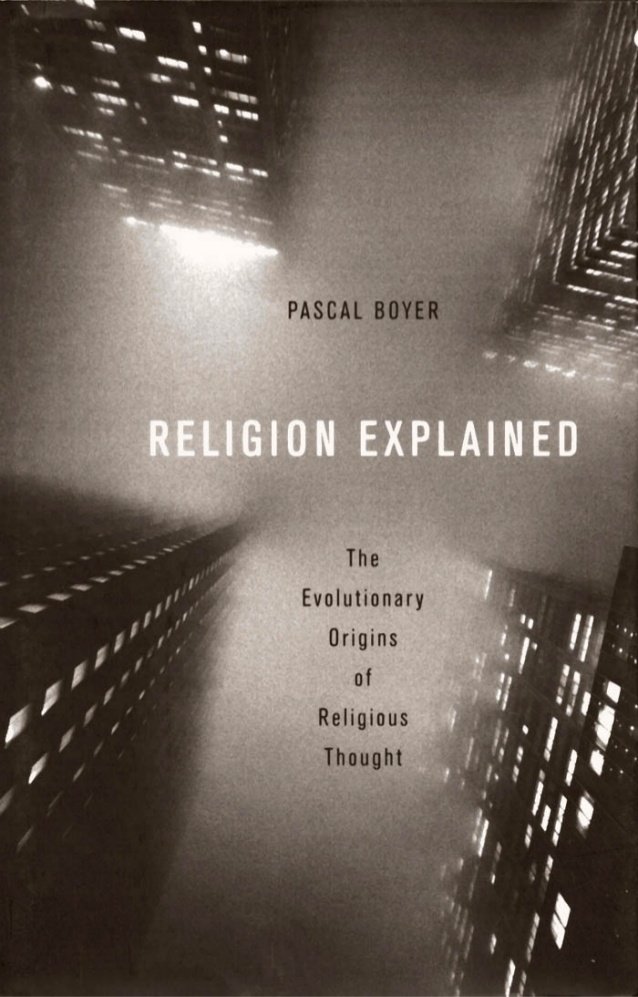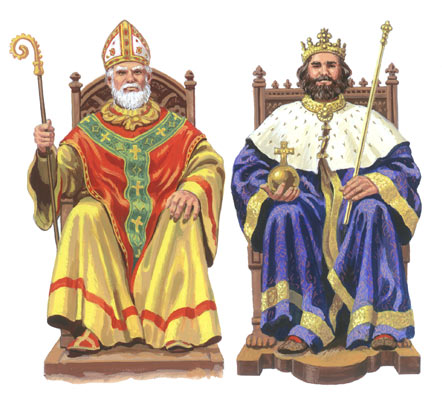The unholy alliance between religion and politics

Why are religious groups so involved in politics?
That religious groups manage to find a political niche in most places with centralised authority is so familiar to us that we often forget that it is in fact a special characteristic of such groups. As argued by psychologist Pascal Boyer, in his excellent book Religion Explained, even though many different groups in society, such as castes of craftsmen, "also try to garner some political support and lend their weight to various political factions ... they are not usually as important as groups of religious scholars".
This is not because the goods and services provided by craftsmen are
less indispensable or important. In fact the reason may be exactly the
opposite. Since the services of literate religious groups are
dispensable, the religious schools that do not yield some measure of
political leverage are very likely to end up as marginal sects, a
process that has happened repeatedly in history.
Boyer emphasises the "elusive nature" of the services that organised groups of religious specialists provide, and that any such group always finds itself in a precarious position due to the constant competition with other such groups as well as with "local witch-doctors, healers, shamans, holy men, and knowledgeable elders ... who can always claim that they too offer some interaction with supernatural agents or protection against misfortune". Even though priests and other religious specialists "are not necessarily central to large-scale political organization", the religious groups that "do not manage to garner some political leverage fall by the wayside".
Priests and other religious specialists go through difficult training, and this makes sense only if there is some guarantee that there will be demand for the special services they provide. At the same time the services in question are very easily replaced. And you do not need to be an expert of political economy in order to realise that your position as a priest or religious scholar is potentially threatened by alternatives. So, in order to secure a better position in this competition, religious castes or guilds very often try to gain maximal political influence.

Why do political elites allow religious groups influence?
One obvious way for religious groups to secure their precarious position in the market for religious services is to enter into a mutually beneficial alliance with the political elite. But in order for the political elite to want to bestow special privileges (a monopoly in provision of religious services, for example), they will of course demand something in return. What? The answer is: a divine sanction of political authority.
So, while centralised political power can be maintained without religion, and religion would exist without centralised political power, there is room for an "unholy" alliance between political and religious elites.
It is "largely correct", Boyer writes, "to construe religion as the ally of the oppressors, as an institution that invariably supports centralized political power and offers supernatural justifications for the established order". But this is so, not because religion necessarily supports political authority, but rather because "many successful religious guilds were successful precisely because they adopted this strategy". This creates a selection pressure in favour of religious groups that are pro-authority.

What would happen to religion if society became more libertarian?
It is interesting to speculate about how religion would change in the absence of political authority. We already see in the modern western world a rise in so-called "personal" religions. Is this a direct result of the weakening of political control over the religious domain? Would religion change further if society became more libertarian? Would large-scale religious organisations (like the Catholic Church) be able to survive without centralised political authority? Would atheism win the day in a free society, or would people return to worship local spirits, ancestors, etc.?
I believe in god, but organized religion is tyrannical. It is just another system of control. People should control themselves. They should also rule themselves. Around where I live, I will see lots of small towns full of shacks and low income earning small homes. The same town will have a gorgeous stone church however. I have to wonder if those poor people would have been better off without the organized religion. The Catholic Church is no different. Look at the assets it owns. Hell, the Vatican is a separate country. Is it any wonder why the major religions of the world still support royalty and monarchs too? It disgusts me. You'd think as a species that we would have evolved past these things. We have not though.
Thanks for your comment @finnian. I'm following you now.
You're very welcome and thank you!
A Planned Trespass: Christopher J on common law a…:
Occult Origins of the UNITED STATES INC. Banking,…: